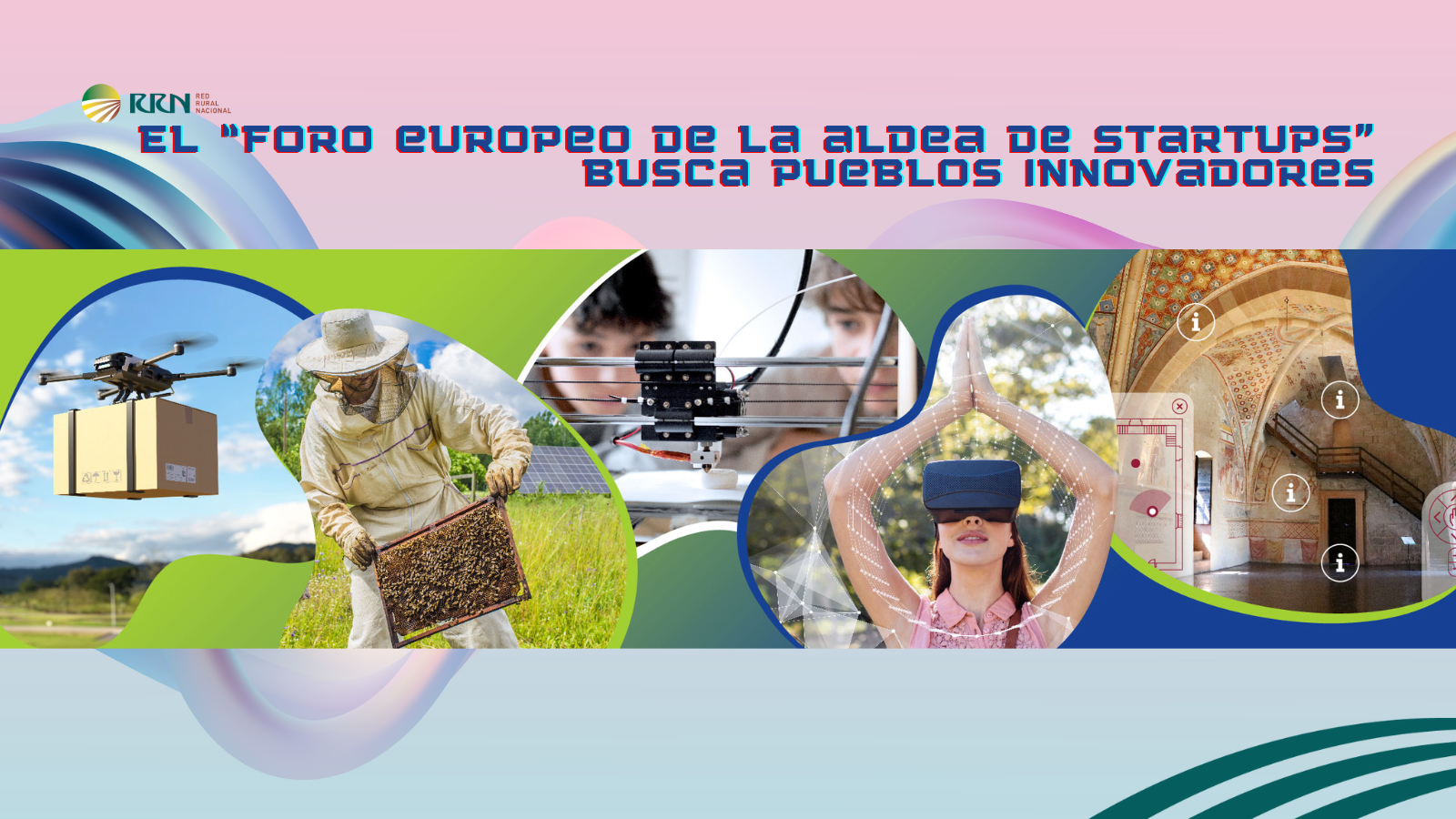
14 de March de 2023
The European Commission has created the forum to transform many towns into "startup villages," thereby encouraging the establishment of new businesses in rural areas and providing a single space for sharing synergies and networking.
- The European Commission has created the "European Startup Village Forum" to find towns that want to become startup villages.
- The concept of “startup village” refers to rural areas that adopt innovation as a method of economic development.
- The Forum is currently holding a call for villages to submit their candidacies for "startup villages."
The European Commission's long-term vision for rural areas in the European Union (EU) identifies several areas of action to support the development of rural areas between now and 2040. Two of the basic pillars of this medium- and long-term strategy are research and innovation , considered essential actions to address the challenges facing rural areas. As part of this innovation strategy, the European Commission has created the " European Startup Village Forum ." to encourage the establishment of new businesses in rural areas and provide a single space for sharing synergies and creating a network of contacts.
In this way, the Forum aims to bring together and transform as many towns as possible into "startup villages," a term understood as "a place (or a network of small places) that embraces innovation to achieve maximum development and well-being in rural areas."
This development model aims to transform towns into places with people who share local goals with knowledge, resources, and external markets. Thus, startup villages would become an ecosystem of entrepreneurs working on innovative methods.
Conditions for becoming innovative towns
Villages wishing to join the "European Startup Village Forum" as innovative villages must first answer a questionnaire in which they must reveal whether they meet the following requirements:
A) Support from institutions:
- Government institutions : Does the community have institutional support for the development of innovative projects? Also, are the administrative and legislative frameworks conducive to the creation of new businesses?
- Informal institutions : Referring to non-institutional support (private, patronage, business, individual, etc.) for the implementation of new projects in said town.
B) Resources :
Which happen to be:
- Physical : infrastructure suitable for business (incubators, co-working spaces).
- Financiers : Would the town's entrepreneurs have access to financing?
- Leadership : Does the town have local business models that serve as role models? Are there good business practices?
- Human capital : refers to the prior existence of talent or the possibility of attracting it, as well as the possibility of accessing adequate training.
- Knowledge : understood as the possibility of having local networks and organizations for the exchange of information (for example, educational and/or technological centers, service providers, etc.)
- Demand : To see if the town's business network could meet the demand for its services in external markets.
- Services : of the widest possible range: commercial, postal, legal, financial… even if they are not within the same town, but as close as possible.
The membership questionnaire can be found at the following link .
Mapping innovative towns
In February 2023, a call was launched for all European villages seeking to become startup villages . All these applications will create a map of Europe where participating villages can meet and establish relationships with each other.
Likewise, the European Startup Village Forum plans to hold its annual European Startup Village Forum. to promote cooperation among stakeholders.
The Forum is supported by the Joint Research Centre of the European Commission and serves the activities of theRural Observatory .











